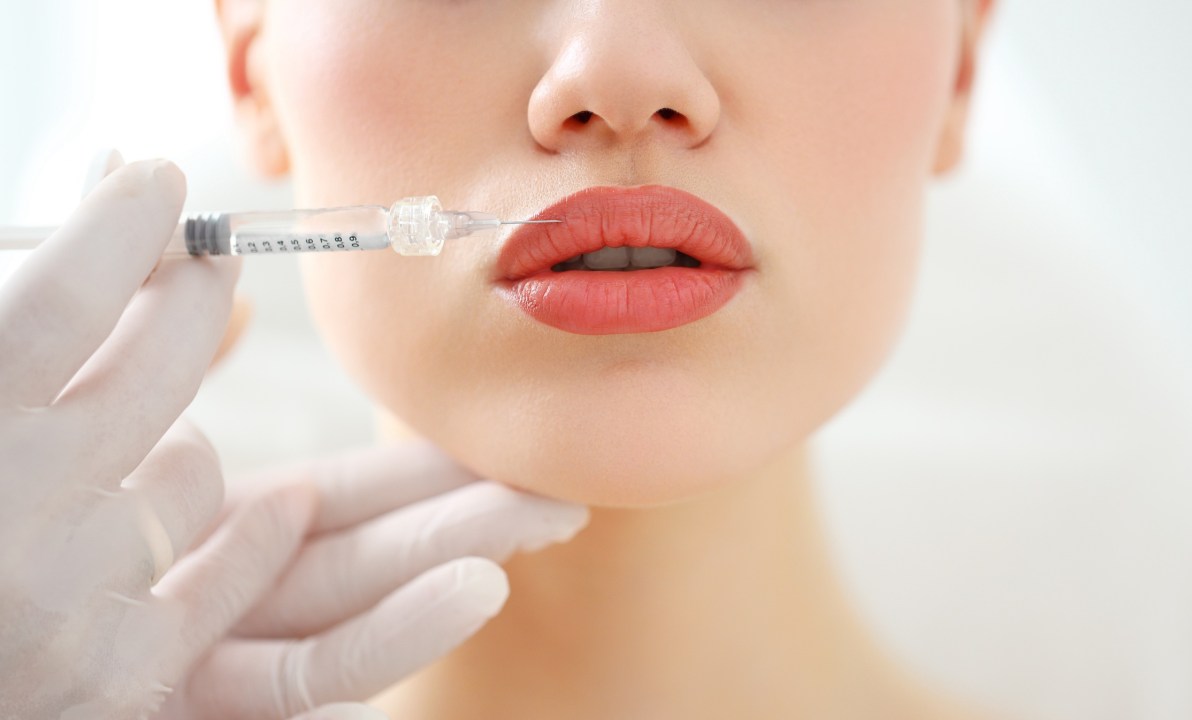Turning 24 came with more than just cake and candles. Alongside the celebrations came a barrage of life-determining questions: when are you getting married? Where do you see yourself living? When will your job become a career? With a single step into my mid-twenties, I felt suddenly catapulted into a new world of adult expectations. And nothing captured this shift more than my birthday presents. I love my new pilates ring and am curious to see what collagen will do to my complexion, but there was something unnerving about receiving an entire haul of health-inspired gifts.
When my friends arrived that evening to celebrate my ‘achievement’ of turning 24 – still unemployed and still at home – the wellness theme continued. Out came calming candles, sleep spray, eye cream and even a bottle-top herb planter, a perfect hybrid of my love for wine and meal-prepping. I can’t pretend I don’t know what to do with most of these products. They slot neatly into my already elaborate self-care routine.
This makes me quintessentially Gen Z. My generation is known for swapping hedonism for health, for choosing early morning gym routines over late-night pub sessions and for obsessing over the future instead of living in the present. Unlike many of my peers I’m not sober-curious, but I am proud of being wellness-obsessed. And yet, as I lined up my new tonics and serums, wondering how they would fit into my never-ending skincare regime, I couldn’t help but wonder why I care so much about ageing.
Part of the answer lies in what our generation has absorbed from our parents. We’ve watched them reap the rewards of an ever-expanding wellness industry, from yoga retreats to anti-ageing serums, and we want to replicate their success – only more intensely. But while they’ve been finding ways to disguise ageing, we’re trying to prevent it before it begins.
My fixation on SPF is just the start. Coffee is being replaced with matcha, step counts and heart rates are tracked religiously. Social media only accelerates this obsession. On Instagram and TikTok, influencers market their lifestyles which we frantically try to translate into our daily lives. We buy iced matcha because they do. We want to be part of the wellness tribe alongside Bella Hadid and Dua Lipa.
For food inspiration I turn to Emily English, a nutritionist with almost two million followers on Instagram, whose fame grew from her ‘what I eat in a day’ videos. It is thanks to her that my evening bowl of yoghurt now comes with a dollop of protein powder. And for the gym it’s Bryony Basse, a pilates instructor who (while advertising her online workout subscription) provides insight into how she achieves her picturesque lifestyle. In short: workouts, mediation, skincare.
But while everyone wants to appear ‘natural’, the truth is that behind the scenes, a lot of unnatural work is taking place. ‘Tweakments’ such as baby Botox, buccal fat removal and lip fillers, which promise to pre-empt wrinkles, sculpt cheekbones and inflate lips, are now considered a legitimate rite of passage in our early twenties. Almost 20 per cent of 18- to 25-year-olds have already undergone non-surgical treatments, a figure that’s only set to increase as our beauty ideals become more warped. And these ‘tweakments’ are also becoming a gateway drug to surgical interventions. This month, the BBC reported on the rise in under-thirties having facelifts, the most major of all the cosmetic surgeries involving extensive tissue rearrangement and a substantial period of recovery. Olivia Attwood, previously of Love Island, is one of the few young celebrities to be honest about what she has had done, her first procedure being breast augmentation when she was 20. Many others remain silent.
What our parents seek to regain – smooth foreheads, plump lips – we are paying to artificially acquire, making us look strangely like younger replicas of our older selves
The irony, though, is that these supposedly preventative procedures often age us prematurely, making us look strangely like younger replicas of our older selves. What our parents seek to regain – smooth foreheads, plump lips – we are paying to artificially acquire. Whether these interventions preserve our glow or erode it, one thing is certain: Gen Z is taking ageing far more seriously than any generation before us.
Perhaps that’s not all bad. Caring for our future selves could be seen as a sign of maturity, or even sustainability. Unlike past generations, we don’t treat ‘the future’ as a vague concept we’ll deal with later; we live with it consciously in the present. But at what cost? How many potential romances have I missed by staying home with a book instead of going out? How many adventures have I sacrificed for the sake of funding yoga subscriptions and skincare?
When my mother was my age, she wasn’t worrying about hydration levels or collagen decline. Her friends weren’t cutting back on drinking for the sake of their pores or mapping out a ten-step skincare routine longer than a morning commute. They were out living, guided more by impulse than by foresight. We, meanwhile, are adopting the health habits of our parents before we’ve even had the chance to enjoy the recklessness of youth. We want to preserve our youth so fiercely that we risk losing it altogether.
Maybe it’s time to remember that wrinkles aren’t a tragedy and that there is more to life than skincare. Unfortunately, none of my birthday presents came with receipts, so my rebellion against wellness may have to wait out of respect for my family and friends. But next year, instead of collagen powder, I’ll ask for a cocktail shaker.








Comments